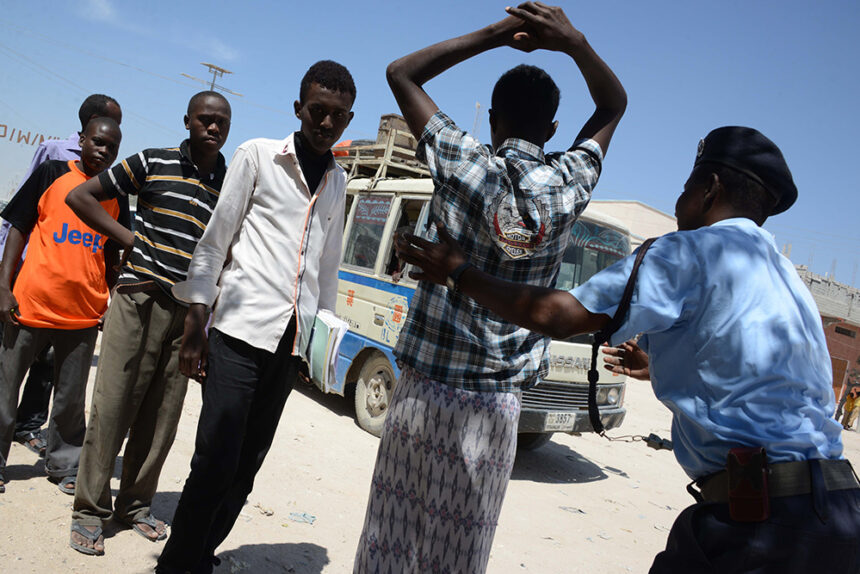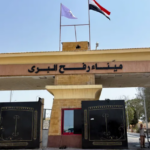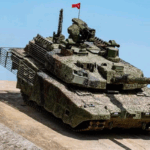Summary by Geopolist | Istanbul Center for Geopolitics:
Introduction
The paper examines the dynamics of checkpoint authority in Somalia, focusing on how kinship, mobility, and checkpoint practices intersect to shape political and social orders. It challenges the notion that checkpoint governance is either an expression of state-like power or indicative of the state’s absence. Instead, it argues that checkpoints in Somalia, known locally as isbaaro, are deeply embedded in the social fabric of clan society. The practice of abanship, the brokerage of passage through clan territory, plays a crucial role in facilitating trade and reinforcing clan identity and social differentiation.
Trade, Kinship, and Checkpoints
It highlights the importance of long-distance trade in historical state formation in Africa and how kinship ties are crucial for trade networks, especially in politically unstable areas. Despite the collapse of the state in Somalia in 1991, cross-border trade and economic development have flourished, often facilitated by kinship-based trade networks.
Checkpoints and Collective Identity Formation
Checkpoints serve as micro-level sites to observe how macro-sociological phenomena such as clan identities and kinship affiliations are formed and transformed in struggles over trade rents. They are essential for establishing boundaries and are sites of social navigation and identity formation. The principle of schismogenesis, or the process of social division and differentiation, is central to understanding how fiscal disagreements drive kinship groups to differentiate themselves, resulting in new political forms and identities.
Struggles Over Clan Capital
The concept of ‘clan capital,’ or standing within clan society, is key to brokering passage along checkpoints. Genealogical differences become accentuated at checkpoints, reinforcing and reshaping clan formations in struggles over checkpoint rents. The paper discusses how the connection between kinship identity and trade, suppressed during colonialism and the dictatorial regime of Siad Barre, re-emerged after 1991. Each (sub)clan sought to claim transit taxes for passage through their territory, leading to intercommunal strife and political fragmentation.
Historical Context
The paper traces the historical embedding of trade in kinship connections, highlighting the role of abanship in converting the caravan trade into clan capital. It discusses how different checkpoint logics were introduced by the rise of the Islamic Courts, al-Shabaab, and the foreign-backed federal government, which competed with but never replaced clan capital.
Contemporary Checkpoint Brokerage
It examines how abanship manifests in contemporary checkpoint brokerage for well-connected clans and how checkpoints marginalize and exploit minority communities in Somali clan society. Checkpoints are depicted as sites where complex and fluctuating political dynamics can be observed, reflecting broader historical and contemporary struggles over mobility and trade.
Conclusion
Checkpoints in Somalia serve as critical sites for observing the intersection of kinship, mobility, and political authority. They are not merely expressions of state-like power or the absence of the state but are deeply embedded in the social fabric of clan society. The dynamics at checkpoints reflect broader struggles over clan capital and trade rents, contributing to the formation and transformation of collective identities and political orders.







